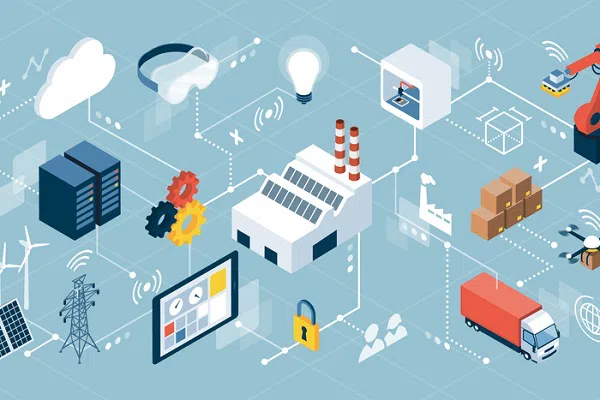In the fast-paced world of logistics, staying ahead of the competition requires embracing cutting-edge technologies. Logistic IT and automation services are playing a pivotal role in transforming the traditional supply chain landscape. This blog explores the key trends, benefits, and challenges associated with integrating IT and automation services into logistics operations.

- Real-Time Visibility and Tracking: In the logistics industry, information is power. Logistic IT solutions enable real-time tracking of shipments, inventory, and vehicles. This heightened visibility not only improves operational efficiency but also enhances customer satisfaction by providing accurate and up-to-date information.
- Warehouse Automation: Efficiency starts at the warehouse. Automation services such as robotics, automated storage and retrieval systems (AS/RS), and conveyor systems optimize warehouse operations. This leads to faster order fulfillment, reduced errors, and ultimately lowers operational costs.
- Predictive Analytics for Demand Forecasting: Anticipate, don’t react. Logistic IT services leverage predictive analytics to forecast demand accurately. By analyzing historical data and market trends, companies can optimize inventory levels, minimize stockouts, and reduce excess inventory, leading to significant cost savings.
- Route Optimization and Fleet Management: Efficient routes, satisfied customers. Logistic IT solutions enable companies to optimize delivery routes, reduce fuel consumption, and enhance overall fleet management. This not only cuts down on operational costs but also minimizes the environmental impact of logistics activities.
- Blockchain for Supply Chain Transparency: Trust through transparency. Blockchain technology ensures secure and transparent transactions across the supply chain. It helps in establishing a single version of the truth, reducing fraud, enhancing traceability, and building trust among stakeholders.
- Cybersecurity Challenges: Protecting the digital frontier. As logistics becomes increasingly reliant on IT, the industry faces cybersecurity challenges. Logistic companies need robust cybersecurity measures to safeguard sensitive data, prevent cyber-attacks, and ensure the uninterrupted flow of operations.
- Integration of IoT (Internet of Things): Smart logistics for smart businesses. IoT devices, such as sensors and RFID tags, enable real-time data collection and monitoring. This leads to improved asset tracking, condition monitoring, and overall supply chain visibility.
- Adapting to Industry 4.0: Embracing the fourth industrial revolution. Industry 4.0 technologies, including AI, machine learning, and the Internet of Things, are reshaping logistics. Companies need to adapt to these technological advancements to stay competitive and meet the evolving demands of the market.